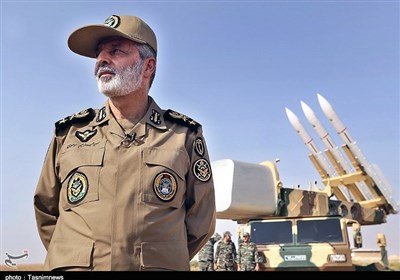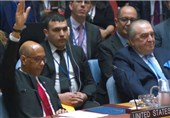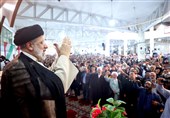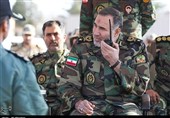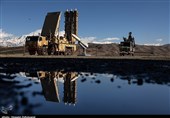Cleric: Iran not Concerned about Snap Inspection of N. Facilities
TEHRAN (Tasnim) – The Islamic Republic is not worried about snap inspections of its nuclear facilities by the International Atomic Energy Agency (IAEA), and will not hinder them, a top Iranian cleric said.
Addressing a large congregation of Iranian people in the capital today, Tehran's Provisional Friday Prayers Leader Hojjatoleslam Kazem Seddiqi said the issue of the IAEA’s surprise inspections of the country’s nuclear facilities was not a new one, and stressed, “We will not put any obstacle in the way of (IAEA’s) supervision and inspections.”
Describing the call by western countreis for snap inspections of Iranian nuclear facilities as a “sign of Iran’s power”, Seddiqi said that debate is not anything new to the country, since “the (International Atomic Energy) agency’s cameras are monitoring our nuclear centers, and its experts control our facilities.”
He once again reaffirmed that the use of nuclear technology for peaceful purposes is the inalienable right of all nations, including Iran, adding that Tehran would never give up its right to uranium enrichment.
In relevant remarks on Wednesday, Head of the Atomic Energy Organization of Iran (AEOI) Ali Akbar Salehi said Tehran is prepared to voluntarily cooperate with the IAEA on the issue of a possible military dimension to its peaceful nuclear program, although the matter is outside the purview of the UN agency.
Referring to the record of close cooperation between the IAEA and Iran, a signatory of the Non-Proliferation Treaty (NPT), Salehi mentioned that Tehran has expressed preparedness to cooperate with the IAEA, since the Islamic Republic firmly believes that its nuclear activities are peaceful and pursues a transparent approach.
The IAEA regularly inspects Iran's nuclear facilities, but it also wants Tehran to address what it suspects are indications that the program may also have possible military dimensions aimed at developing a nuclear weapons capacity.
The United States, Israel and some of their allies repeatedly accuse Iran of trying to pursue non-civilian objectives in its nuclear energy program, with the US and the European Union having used the unsubstantiated claim as an excuse to impose illegal sanctions against Tehran.
Iran has categorically rejected the allegation, stressing that as a committed member of the IAEA and a signatory to the NPT, it is entitled to develop nuclear technology for peaceful purposes.
In addition, the IAEA has conducted numerous inspections of Iran’s nuclear facilities but has never found any evidence showing that Iran’s civilian nuclear program has been diverted to non-civilian purposes.
Like other countries, Iran is entitled under the Nuclear Non-proliferation Treaty (NPT) to use nuclear energy for peaceful purposes, and that right has long been understood to encompass enrichment under safeguards.
Iran, one of the original states to sign the Nonproliferation Treaty, completed its Safeguards Agreement with the IAEA in 1974.
During the last round of nuclear talks in Geneva between Iran and six world powers on October 15-16, Iran's deputy foreign minister and lead negotiator, Abbas Araqchi, said that accepting the Additional Protocol was in the last stage of Iran's three-step proposal presented to the six powers.
The Additional Protocol allows reinforced and unannounced inspections of a country's nuclear facilities by the International Atomic Energy Agency and requires that information be provided on all activities regarding the nuclear fuel cycle.
Iran, a signatory of the NPT, voluntarily implemented the additional protocol between 2003 and 2005 but ceased to apply it after its nuclear case was sent to the United Nations Security Council.

